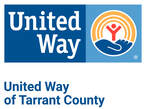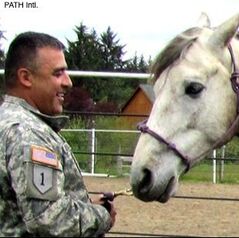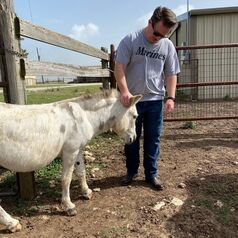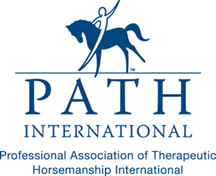We are proud to offer free services for Military Veterans & their dependents.
In partnership with the Recovery Resource Council and other local agencies, we can provide counseling services free of charge under the Texas Veterans + Family Alliance Grant. This grant allows eligible clients to receive a minimum of 16 equine-assisted counseling sessions with proof of military service and other required documentation. Examples of qualifying clients include:
Veterans
All Veterans (meaning those who are no longer in the military) and their family members. Even if the Veteran is deceased, all family members of the deceased Veteran who may have been impacted by military service qualify.
Active duty service members
Active duty services members (meaning those working full-time in the military regardless of branch or component; e.g., Army, Army National Guard, Army Reserve, Air Force, Air National Guard, Marine Corps, Marine Corps Reserve, Navy, Navy Reserve, Coast Guard, Coast Guard Reserve, etc.) and their families who have been deployed during a military conflict (e.g., Operation New Dawn [OND], Operation Iraqi Freedom [OIF], Operation Enduring Freedom [OEF], etc.) qualify.
Reservists
Reservists service members (meaning those who work part-time, one weekend per month + two weeks per year; i.e., Army National Guard, Army Reserve, Air National Guard, Air Force Reserve, Navy Reserve, Marine Corps Reserve, and Coast Guard Reserve) and their families qualify.
Family members & dependents
Family members of Veterans and Reservists qualify as well as family members of Active Duty Service Members who have been deployed during a military conflict.
Generously funded by
Here are the facts...
|
Our staff is trained and experienced in working with military families including children, adolescents, and adults.
We can address a variety of concerns including but not limited to:
We can address a variety of concerns including but not limited to:
- Posttraumatic stress
- Depression and other mood disorders
- Reintegration
- Traumatic brain injury
- Anxiety
- Anger management
- Child behavior issues
- Relationship and family concern
Let's stay in touch!
Mailing AddressP.O. Box 123737
Fort Worth, TX 76121 |
Telephone |
|
A Texas Nonprofit Corporation and a 501(c)(3) Tax-Exempt Charitable Organization
Copyright 2024 S.T.E.P.S. With Horses






